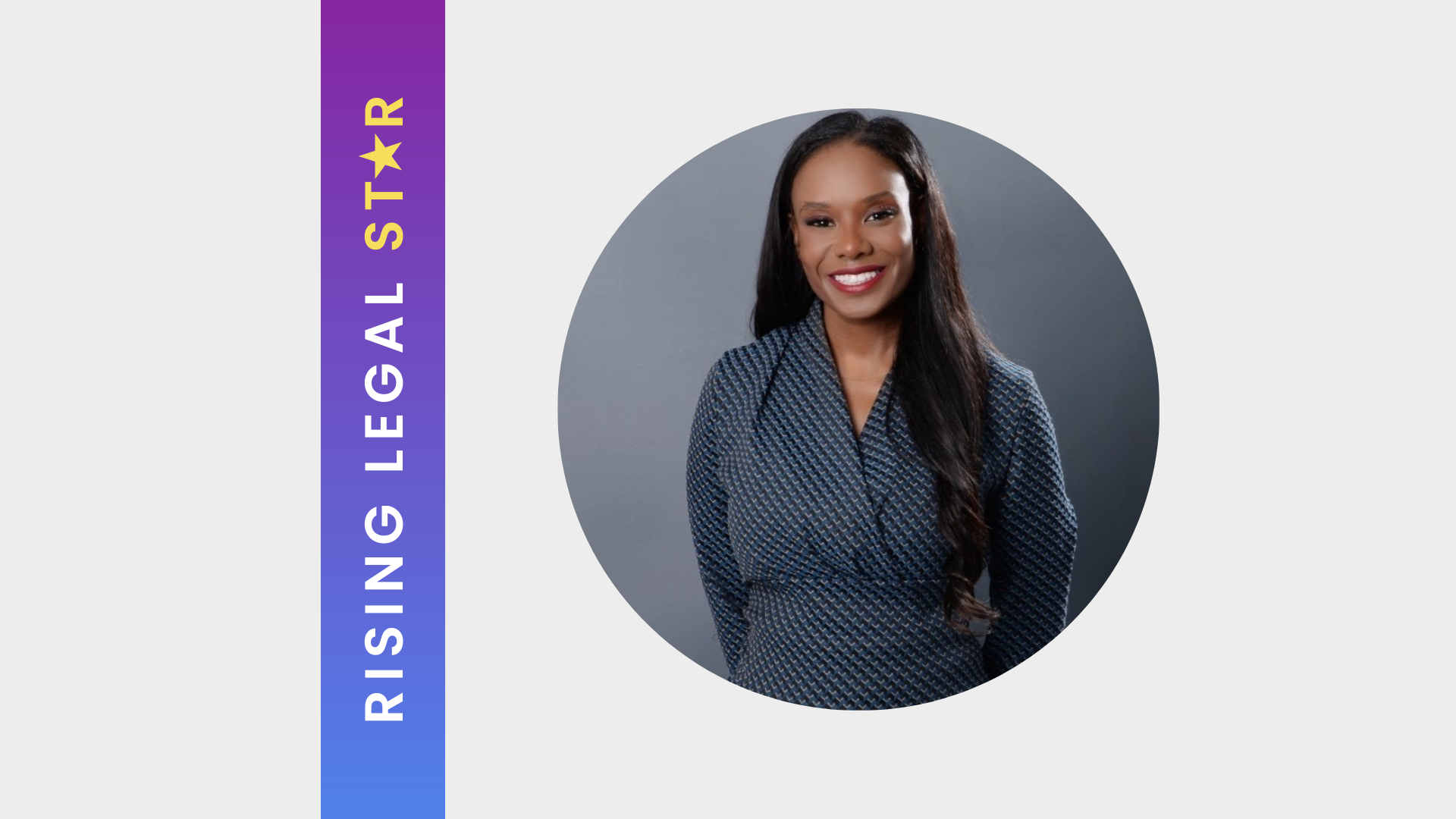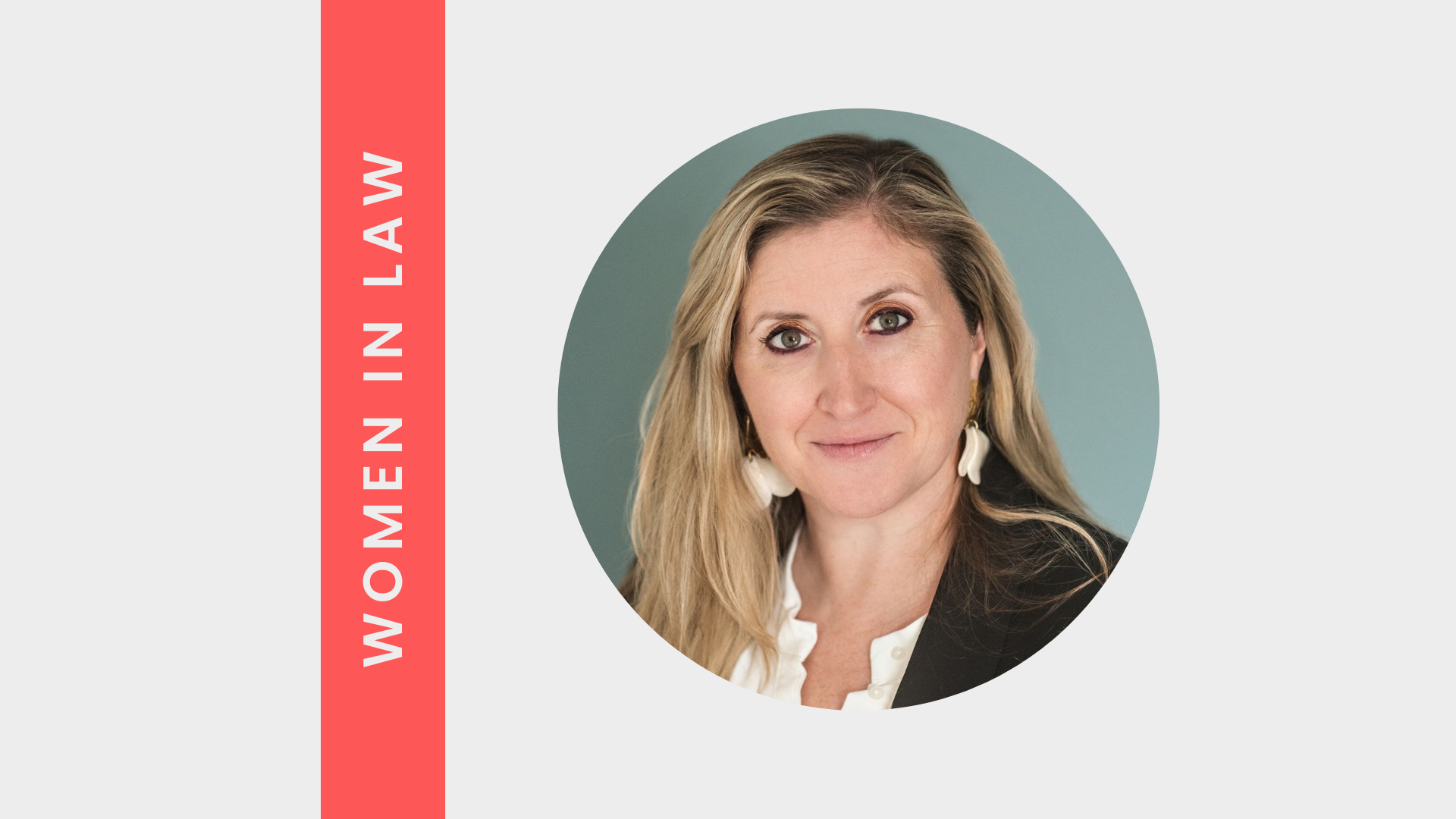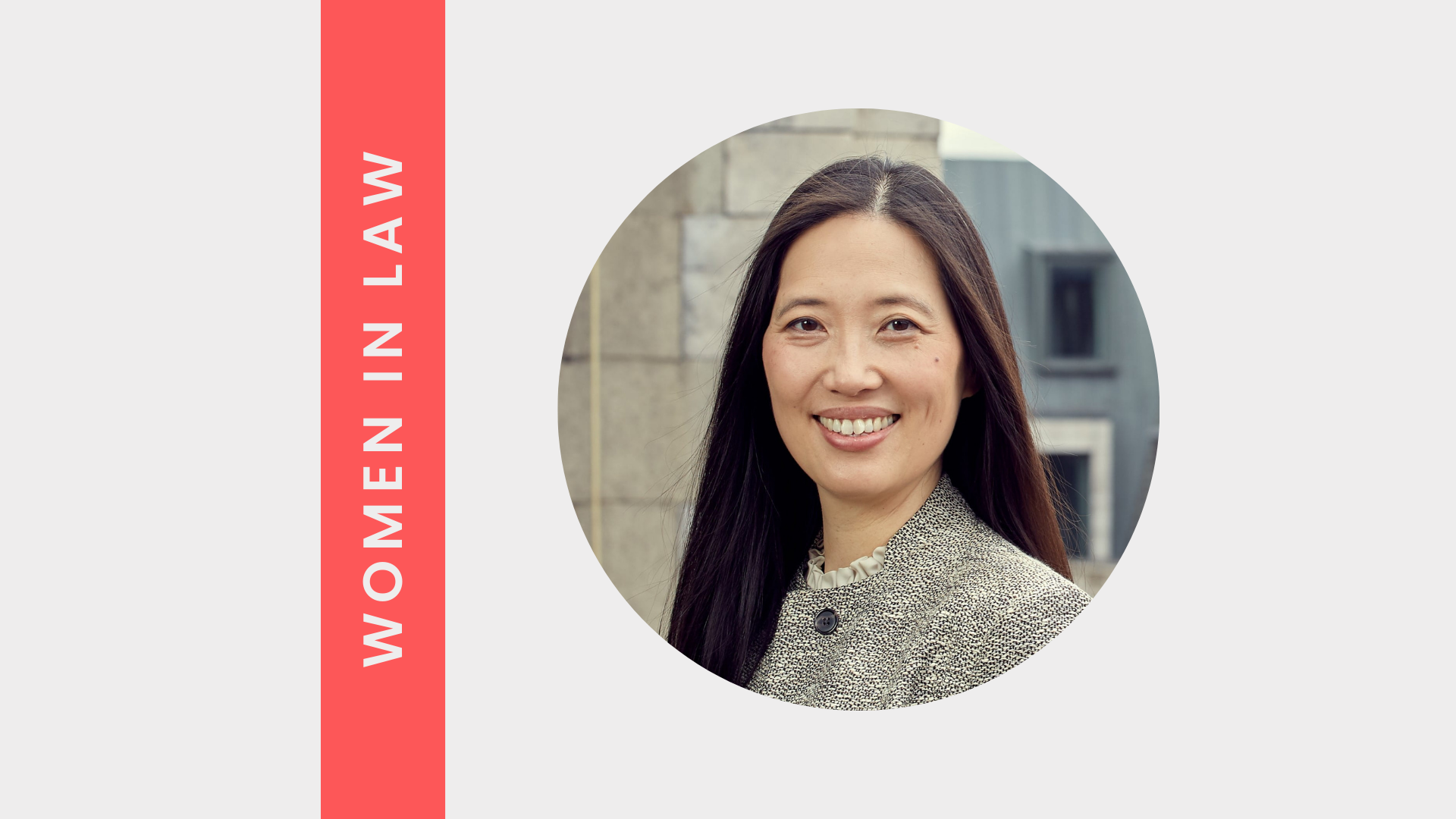Inspiring Business Women: Millie Gillon
Millie Gillon is the Global Head of Client Experience at Standard Chartered Bank. She is a strategic business and innovation development professional with 15+ years’ experience in Financial Services for multinational companies; she has a proven track record in identifying and developing key partnerships, with a focus on mutually beneficial outcomes.
Could we start with an overview of your career and your current role at Standard Chartered?
I joined JP Morgan during high school as part of the bank’s Smart Start scholarship program, juggling both studies and work full time. My corporate career after college started in fixed income derivatives trading and prime brokerage, across three different big US banks, but I knew I didn’t want to do it long term. I managed to land a role at American Express in 2008 where I found my passion and got trained in Six Sigma by some of the best experts in the world. Being exposed to the entire payments ecosystem and B2B interaction, I was driven by the importance of being there for merchants in such a challenging economy where the goal of many small businesses was to keep their lights on; helping them to do so then became my passion.
I then took on an exciting role back at JP Morgan, focusing on digital product strategy. It was an interesting joy ride which included us being the first bank to roll out Apple Pay; I learned a lot about an industry that was ripe for innovation. I further developed this passion when I joined Mastercard Labs, where I led innovation teams in using design thinking to help companies solve their problems.
The Standard Chartered opportunity really fell into my lap through networking rather than me looking for a new role, let alone to relocate. I was hired in 2019 as the Global Head of Client Experience and led an organisation of 550, which gave me the chance to impact the 550 families as a result. Our main focus has been on the pivot to cater to our changing customer base and the growing wealth amongst millennials who have different preferences and ways of interaction with their bank.
What was your decision-making process as you started in your career?
Initially, I just applied to any job that looked interesting. I knew I was not passionate about what I was doing in my early career, but to find my passion I need to set out on a journey of elimination. I carried out a self-assessment using a vision board, asking myself questions like what makes me happy, what do I find boring, etc.
Have you had any personal experiences that have driven your passion for diversity & inclusion?
I was born and raised in a very traditional Asian family, living in a town among a large Italian population in New York City, so I have had high levels of awareness of being a minority very early in my life. As a teenager, I remember looking up to singers like Gwen Stefani, whose persona and song lyrics I found inspiring. I used to believe that I could be just as good, if not better.
In roles throughout my career, I have often found myself as one of the only females and usually the youngest one. I would often approach senior females early in my career to mentor me. The majority said no. Therefore, I promised myself that when I became a senior, I would make time for anyone who would ask for help and advice, female or male.
Was there a period in your career that you found challenging and how did you overcome it?
My relocation to Singapore was a very challenging period for me and my family. We decided I would relocate first while my two young daughters finish the school year, but then Covid-19 hit. I managed to get back to the States to be with them while working Singapore hours for six months, still new into the role. To balance everything with this timetable in so much uncertainty was challenging but I overcame it by seeing it as an opportunity to learn and grow. I learned a lot about how much stamina I have. Of course, it’s also helped me to put our challenging situation into perspective. While working overnight hours from 15,000 km away was difficult, others have faced far starker circumstances as the world changed nearly overnight.
Perspective is very important when you are experiencing something challenging in your career.
How has the perception of females in senior banking positions changed since you joined the industry and what should we be working towards?
We are in a much better place because we now recognise the need to change. There are a lot more examples of successful senior females in the industry, just like my boss and also her boss. Diversity and inclusion plays an incredibly important role in driving innovation, which is why we should be adding more women into innovation-focused roles for a more genuine diversity of thought.
What can leaders, male or female, do better to support female colleagues?
In many of my roles, I have been the lead or co-lead of women’s networks and have made sure that all are welcomed, not only females. Male colleagues are also key to the success of females, so we must be proactive in finding males who have empathetic ears. It really doesn’t matter what your role or gender is, we should all be helping each other and lifting one another up.













